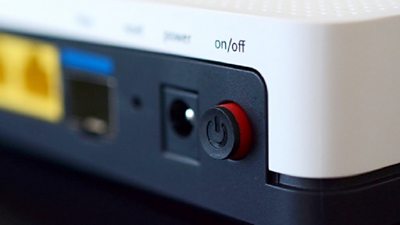Open standards are designed to enable interoperability between equipment and services from a range of manufacturers and service providers. This is opposed to closed environments where the technology is defined and controlled by one main player.
We currently participate, to varying extents, in approximately 20 standards bodies and industry groups internationally as well as a large number of subgroups of these bodies. The outputs of these groups can be formal standards, such as W3C, or profiles and guidelines closer to deployment, such as DTG.
By working in standards groups we gain knowledge from others participating, and by having input from organisations, each with a different focus and interest, the standards are strengthened to become more useful and are more likely to be successfully adopted.
We don't just work on paper proposals - we also do practical work, testing the proposals and specifications.
The work we do on standards continues to be a foundational part of our activity and is often the most important outcome. A selection of the standards bodies we work with are listed below.
-
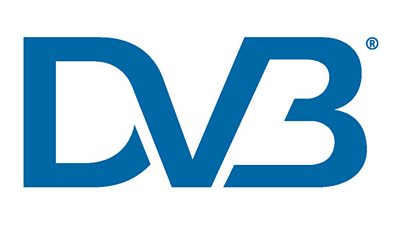 DVB is an industry-led consortium of the world鈥檚 leading digital TV and technology companies who design open technical standards for the delivery of digital TV. 大象传媒 R&D has been deeply involved in a wide range of the detailed standards as well as providing a number of the leadership team. We have had particular roles in the development of the terrestrial transmission standards: DVB-T and DVB-T2, companion screen services and the standards for subtitling services.
DVB is an industry-led consortium of the world鈥檚 leading digital TV and technology companies who design open technical standards for the delivery of digital TV. 大象传媒 R&D has been deeply involved in a wide range of the detailed standards as well as providing a number of the leadership team. We have had particular roles in the development of the terrestrial transmission standards: DVB-T and DVB-T2, companion screen services and the standards for subtitling services. -
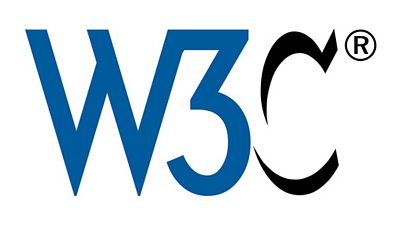 W3C standards define an Open Web Platform for application development that has the unprecedented potential to enable developers to build rich interactive experiences, powered by vast data stores, that are available on any device. We are involved in and often lead work on streaming and multi-screen experiences, including audio and accessibility as well as new areas such as VR.
W3C standards define an Open Web Platform for application development that has the unprecedented potential to enable developers to build rich interactive experiences, powered by vast data stores, that are available on any device. We are involved in and often lead work on streaming and multi-screen experiences, including audio and accessibility as well as new areas such as VR. -
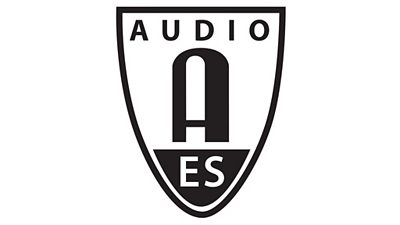 The AES develops, reviews and publishes engineering standards for the audio and related media industries. 大象传媒 R&D is particularly involved in networking standards and particularly for audio over IP interoperability.
The AES develops, reviews and publishes engineering standards for the audio and related media industries. 大象传媒 R&D is particularly involved in networking standards and particularly for audio over IP interoperability. -
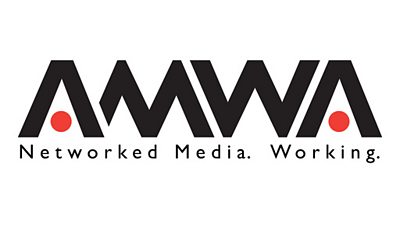 AMWA publishes specifications for interoperability of networked media. These include specifications for delivery of file-based content, and the Networked Media Open Specifications for discovering, connecting and controlling networked media devices. These are important components in our move to an all-IP future.
AMWA publishes specifications for interoperability of networked media. These include specifications for delivery of file-based content, and the Networked Media Open Specifications for discovering, connecting and controlling networked media devices. These are important components in our move to an all-IP future. -
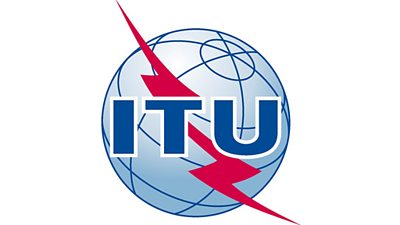 International Telecommunication Union The ITU sets standards for radio communication, including for broadcasting. This includes standards for the signals carried and the spectrum that they are carried upon. The 大象传媒 is active in a number of areas including standards for High Dynamic Range video, audio renderers for next generation audio and ongoing spectrum requirements for broadcasting.
International Telecommunication Union The ITU sets standards for radio communication, including for broadcasting. This includes standards for the signals carried and the spectrum that they are carried upon. The 大象传媒 is active in a number of areas including standards for High Dynamic Range video, audio renderers for next generation audio and ongoing spectrum requirements for broadcasting. -
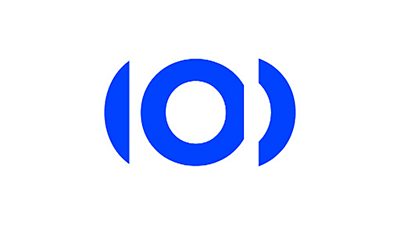 The EBU is an association of public service broadcasters. It has a large number of working groups across the broadcast and broadband industries to develop standards, recommendations and guidelines to use them in practice. 大象传媒 work in a wide range of groups including Future Distribution, Video Systems, Radio and Production Infrastructures and give substantial input. We are also on the steering committee which strategically directs the work.
The EBU is an association of public service broadcasters. It has a large number of working groups across the broadcast and broadband industries to develop standards, recommendations and guidelines to use them in practice. 大象传媒 work in a wide range of groups including Future Distribution, Video Systems, Radio and Production Infrastructures and give substantial input. We are also on the steering committee which strategically directs the work. -
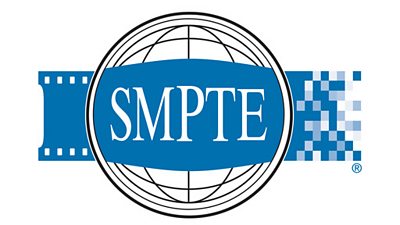 SMPTE is a professional membership association which seeks to advance moving-imagery education and engineering across the communications, technology, media, and entertainment industries. We are involved in a number of groups working on video, including quality such as high dynamic range and colorimetry, as well as the carriage of video on IP networks.
SMPTE is a professional membership association which seeks to advance moving-imagery education and engineering across the communications, technology, media, and entertainment industries. We are involved in a number of groups working on video, including quality such as high dynamic range and colorimetry, as well as the carriage of video on IP networks. -
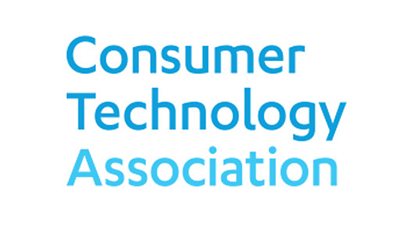 The consumer technology industry relies on CTA for cutting-edge market research and forward-looking industry standards. The Technology & Standards program seeks to lead the industry conversation and ensure that new products hitting the market continue to work with existing devices and platforms. 大象传媒 R&D is particularly involved in the WAVE project which is working improving how internet-delivered commercial video is handled on consumer electronics devices and to making it easier for content creators to distribute video to those devices, particularly for UHD video and new audio standards.
The consumer technology industry relies on CTA for cutting-edge market research and forward-looking industry standards. The Technology & Standards program seeks to lead the industry conversation and ensure that new products hitting the market continue to work with existing devices and platforms. 大象传媒 R&D is particularly involved in the WAVE project which is working improving how internet-delivered commercial video is handled on consumer electronics devices and to making it easier for content creators to distribute video to those devices, particularly for UHD video and new audio standards. -
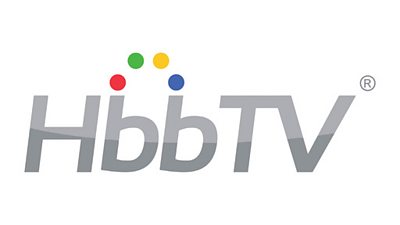 HbbTV seeks to bring together broadcast and broadband services to make new experiences, for instance through connected TVs, set-top boxes and second screens. 大象传媒 R&D has worked to ensure that the standards can support the Freeview Play service in the UK.
HbbTV seeks to bring together broadcast and broadband services to make new experiences, for instance through connected TVs, set-top boxes and second screens. 大象传媒 R&D has worked to ensure that the standards can support the Freeview Play service in the UK. -
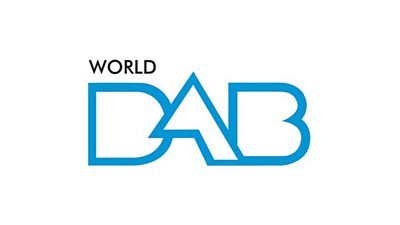 WorldDAB is the global industry forum for digital radio, facilitating the adoption and implementation of broadcast digital radio based on DAB / DAB+. 大象传媒 R&D has long been involved in the development of the standards for DAB and DAB+, right from the start of the ideas, and the launch of DAB services in the UK. We continue to work to keep the standards up to date, especially as the first countries switch from FM to Digital Radio
WorldDAB is the global industry forum for digital radio, facilitating the adoption and implementation of broadcast digital radio based on DAB / DAB+. 大象传媒 R&D has long been involved in the development of the standards for DAB and DAB+, right from the start of the ideas, and the launch of DAB services in the UK. We continue to work to keep the standards up to date, especially as the first countries switch from FM to Digital Radio -
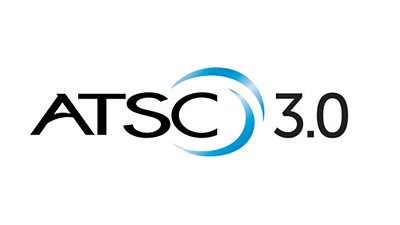 The ATSC is an international, non-profit organization developing voluntary standards for digital television with member organizations representing the broadcast, broadcast equipment, motion picture, consumer electronics, computer, cable, satellite, and semiconductor industries. ATSC standards are used for the delivery of digital TV internationally, particularly in the American continent, including the USA and Canada, and in South Korea. We are involved in the standardisation of video signals for digital TV, particularly relating to UHDTV and High Dynamic Range.
The ATSC is an international, non-profit organization developing voluntary standards for digital television with member organizations representing the broadcast, broadcast equipment, motion picture, consumer electronics, computer, cable, satellite, and semiconductor industries. ATSC standards are used for the delivery of digital TV internationally, particularly in the American continent, including the USA and Canada, and in South Korea. We are involved in the standardisation of video signals for digital TV, particularly relating to UHDTV and High Dynamic Range. -
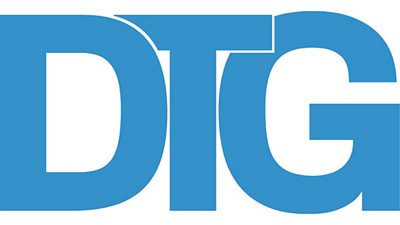 The DTG is a UK centre for collaboration and has more than 125 member companies driving innovation and growth in the television and technology sectors. Joint expertise from DTG Members continues to define the technologies that make the UK a world-leading TV industry and ensure market interoperability, particularly underpinning the Freeview platform. The 大象传媒 is a founder member and has been significantly involved in all the versions of the D-Book. We have participated in a very wide range of the working groups, chairing a number of them.
The DTG is a UK centre for collaboration and has more than 125 member companies driving innovation and growth in the television and technology sectors. Joint expertise from DTG Members continues to define the technologies that make the UK a world-leading TV industry and ensure market interoperability, particularly underpinning the Freeview platform. The 大象传媒 is a founder member and has been significantly involved in all the versions of the D-Book. We have participated in a very wide range of the working groups, chairing a number of them. -
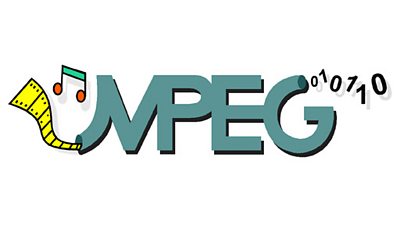 MPEG is a working group of ISO/IEC with the mission to develop standards for coded representation of digital audio and video and related data which are used by many millions people worldwide. The 大象传媒 has been involved in a wide range groups including video, audio and systems. Recently this has included HEVC and the Common Media Application Format (CMAF).
MPEG is a working group of ISO/IEC with the mission to develop standards for coded representation of digital audio and video and related data which are used by many millions people worldwide. The 大象传媒 has been involved in a wide range groups including video, audio and systems. Recently this has included HEVC and the Common Media Application Format (CMAF).
